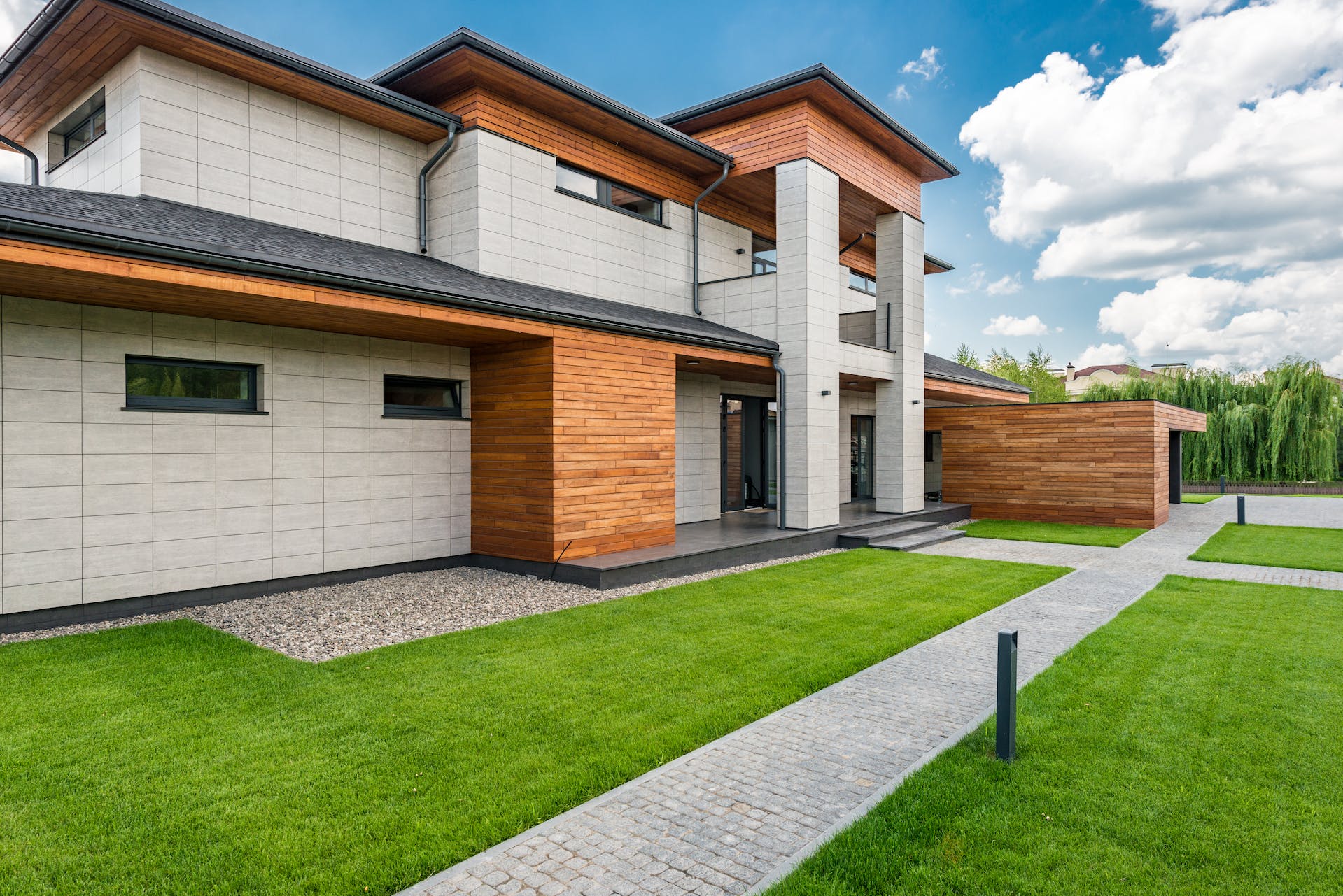

Question: What Economic Factors Contribute to the Stability of a Real Estate Investment?
Answer: Economic factors contributing to real estate investment stability include employment growth, inflation rates, interest rates, GDP growth, and local market demand, influencing property values and rental income potential.
Economic Factors That Contribute to the Stability of a Real Estate Investment – Understanding Property Valuation
Property valuation is a complex process influenced by a variety of factors. For homeowners and investors in regions like Ontario, understanding these elements is crucial for making informed real estate decisions.
The Essence of Property Value
The value of a property is not just about its price tag; it encompasses its desirability, potential for appreciation, and overall return on investment. [ 1 ]
Click here to search home values in Orangeville
Related Article: Economic Factors Affecting Real Estate Values
Location: The Prime Determinant
Location is arguably the most significant factor affecting property value. Its influence is multifaceted, impacting both residential and commercial real estate.
Proximity to Amenities and Services
Properties close to essential amenities, such as schools, hospitals, shopping centers, and public transportation, often command higher values.
Market Conditions: The Economic Indicator
Real estate values fluctuate with market conditions, which are influenced by the broader economy.
The Role of Supply and Demand
In a seller’s market, where demand exceeds supply, property values tend to rise. Conversely, in a buyer’s market, an abundance of available properties can lead to lower prices.
Property Size and Layout
The physical attributes of a property, including its size and layout, play a crucial role in determining its value.
Square Footage and Functional Space
Larger properties with more living space generally have higher values. However, the functionality and usability of the space are also critical considerations.
Property Age and Condition
The age and condition of a property significantly impact its value. Newer and well-maintained properties typically fetch higher prices.
Renovations and Upkeep
Updated properties with modern amenities and good maintenance tend to be valued higher. Older properties may require renovations to increase their market value.
Economic Indicators: Interest Rates and Employment
Economic factors such as interest rates and employment levels can influence property values.
Impact of Economic Stability
Stable or growing employment rates and favorable interest rates boost consumer confidence, positively affecting property values.
Neighborhood and Community Trends
The characteristics and trends of a neighborhood or community can significantly affect property values.
Community Development and Future Plans
Areas with positive development plans, growing communities, and improving infrastructure tend to see an increase in property values.
Please visit the homepage to learn about how Jennifer Jewell can help you
Conclusion
The value of a property is influenced by a complex interplay of factors, including location, market conditions, property size and layout, age and condition, economic indicators, and neighborhood trends. For those in the Ontario real estate market, understanding these factors is essential for accurate property valuation and making informed investment decisions. Whether buying, selling, or investing, a comprehensive understanding of these elements can lead to more successful real estate transactions and investments.
References
1. https://www.cuinsight.com/how-to-assess-the-stability-of-a-real-estate-investment-plan/


